By Oke Adamudagha
The Delta State chapter of the All Progressives Congress (APC) has recently embarked on a reconciliatory committee spearheaded by Olorogun O’tega Emerhor, the leader and founding member of the party in the state.
This initiative seeks to unify aggrieved members and put an end to the persistent power and leadership struggles that have plagued the party for years.
As part of this reconciliation process, party leaders have engaged in extensive consultations, aiming to resolve internal issues ahead of the 2027 general elections. The urgency of these efforts came recognizing the fact that divisions within the party significantly contributed to its poor performance in the 2023 elections.
The reconciliation efforts led by Emerhor have been widely welcomed by party loyalists, showing a renewed readiness to challenge the Peoples Democratic Party (PDP) in the upcoming elections.
The initiative is expected to mend fences across the three senatorial districts, fostering unity as the party prepares for a smooth congresses or electoral battles ahead.
However, despite the noble efforts, there are still interests determined to undermine the process for personal gains. Some party members, driven by the belief that if the process does not favor them, it should not succeed at all, doing all that is possible to resist the reconciliatory agenda.
In the lead-up to the 2023 elections, the Delta APC had strong conviction and hopes of clinching the governorship, especially following a wave of defections from the ruling PDP. But however, internal wrangling and political maneuvering within the party ultimately dashed those hopes, leaving the APC fragmented and weakened.
A key factor in the party’s struggles was the concentration of power in the hands of a single political figure, often referred to as the de facto leader. This individual’s control over the party structure sidelined many APC stakeholders, limiting their influence and weakening the party’s overall cohesion.
This centralization of power led to a situation where several ward and local government party leaders lost control of their constituencies. The state executive council, which should have been representative of diverse leadership, was instead dominated by a single faction, further deepening internal discontent.
Despite the ongoing reconciliation efforts, the same divisive political strategies that caused the party’s downfall in 2023 appear to be resurfacing. If not properly addressed, the Delta APC risks a repeat of past mistakes, potentially rendering the party structure ineffective and its 2027 electoral ambitions dead on arrival.
Investigations by Watchman.ng, a reputable online newspaper, had revealed that the de facto leader is once again attempting to consolidate his grip over the party’s leadership. This time, the power struggle revolves around the control of the party’s executive structure, from the ward level to the state level, further threatening party unity.
About a month ago, a critical meeting of party leaders was held at the APC state secretariat in Asaba, Delta State’s capital. During the meeting, Delta Central APC Chairman, Chief Paulinus Akpeki, allegedly declared himself the state acting chairman in the presence of the deputy state chairman, who, by party hierarchy, should have assumed that role.
This development immediately sparked controversy, exposing the deepening rift within the party. Olorogun O’tega Emerhor and his faction threw their support behind Chief Paulinus Akpeki for the position of acting chairman. Meanwhile, the opposing faction, led by Obarisi Ovie Omo-Agege, backed the deputy chairman to take charge until the next congress.
The struggle over who assumes the acting chairman role has resulted in both factions escalating the issue to the APC National Working Committee (NWC), seeking validation for their respective positions. This impasse continues to sow discord within the party, hindering efforts to present a united front ahead of 2027.
In an attempt to resolve these disputes, a high-powered delegation of Delta APC leaders met with the party’s National Chairman, Abdullahi Ganduje, in Abuja on December 19, 2024. The delegation, led by Minister of Aviation Festus Keyamo (SAN), presented a reconciliation report and emphasized the urgent need to end one-man dominance within the party.
Ganduje, in response, pledged full support for the reconciliation efforts, urging all Delta APC leaders to prioritize unity and collective leadership. He expressed optimism that if properly implemented, these efforts would strengthen the party’s electoral prospects in 2027. The meeting was attended by notable figures including Emerhor, Senator Ede Dafinone, Senator Joel-Onowakpo Thomas, and House of Representatives member Revd. Francis Waive. However, the conspicuous absence of Omo-Agege raised further questions about his stance on the reconciliation process.
Meanwhile, amid the unfolding crisis, Omo-Agege has continued to emphasize the need for unity. Addressing stakeholders in Ethiope East, he underscored the importance of identifying and addressing the factors that contributed to the APC’s defeat in 2023.
According to Omo-Agege, the ability to bridge internal divides and rebuild trust among party stakeholders will be crucial in mounting a serious challenge against the PDP’s dominance in Delta State. However, if reports suggesting that key figures like Emerhor, Keyamo, Dafinone, and Joel-Onowakpo are not aligned with him prove true, then genuine unity remains a distant goal.
For the Delta APC to have any real chance in 2027, it must abandon the politics of exclusion and embrace collective decision-making. The ruling PDP has long maintained its grip on the state, with its famous slogan, “Delta is PDP, and PDP is Delta,” underscoring its dominance. Without genuine unity within the APC, this slogan may continue to hold true.
The challenge before Delta APC leaders is clear: they must decide whether to remain mired in personal rivalries or come together to build a formidable opposition. A failure to resolve these conflicts could see the party delivering its worst electoral outing yet, despite any high-profile defections or external endorsements.
As preparations for the 2027 elections gather momentum, the Delta APC must take a firm stance against factionalism. Leaders must recognize that personal ambitions should not supersede the party’s collective goal of securing political power in the state.
While the reconciliation efforts offer a glimmer of hope, they will amount to nothing if entrenched interests continue to place personal gains above party unity. The real test lies in the willingness of all factions to compromise and embrace inclusivity.
Ultimately, the path forward for Delta APC will depend on its ability to implement reforms that prevent a repeat of past mistakes. The party must restructure its leadership dynamics to foster a more democratic and participatory system.
The reconciliation committee, led by Emerhor, must be allowed to complete its work without undue interference. Party stakeholders should resist the temptation to engage in power plays that could further fragment the APC.
If Delta APC leaders fail to heed these warnings, the 2027 elections may serve as the final nail in the coffin for their political aspirations. The time for internal strife is over—only unity can pave the way for a credible challenge against the PDP.
To salvage the situation, it is imperative for the APC National Working Committee (NWC) to take decisive action in resolving the leadership crisis. A neutral and transparent approach must be adopted to ensure that the party’s leadership at all levels is a true reflection of collective interests rather than individual ambitions. The failure to intervene promptly may not only weaken the Delta APC but also set a dangerous precedent for other state chapters facing similar internal conflicts.
Moreover, grassroots mobilization and strategic planning must become the focal points of the party’s rebuilding efforts. Beyond reconciling leaders, the APC must work towards regaining the trust of the electorate by presenting a clear, people-oriented agenda. The focus should shift from power struggles to policies that address the needs of Delta State residents. Without this fundamental shift in approach, even a unified party may struggle to compete against the deeply entrenched PDP in the upcoming elections.

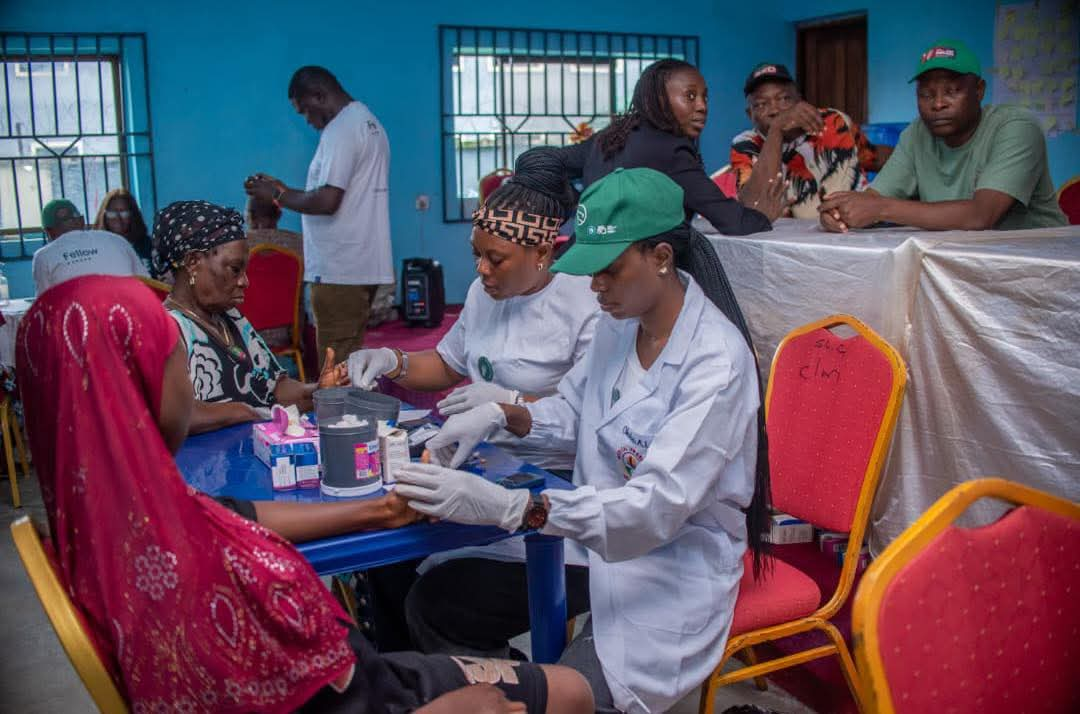

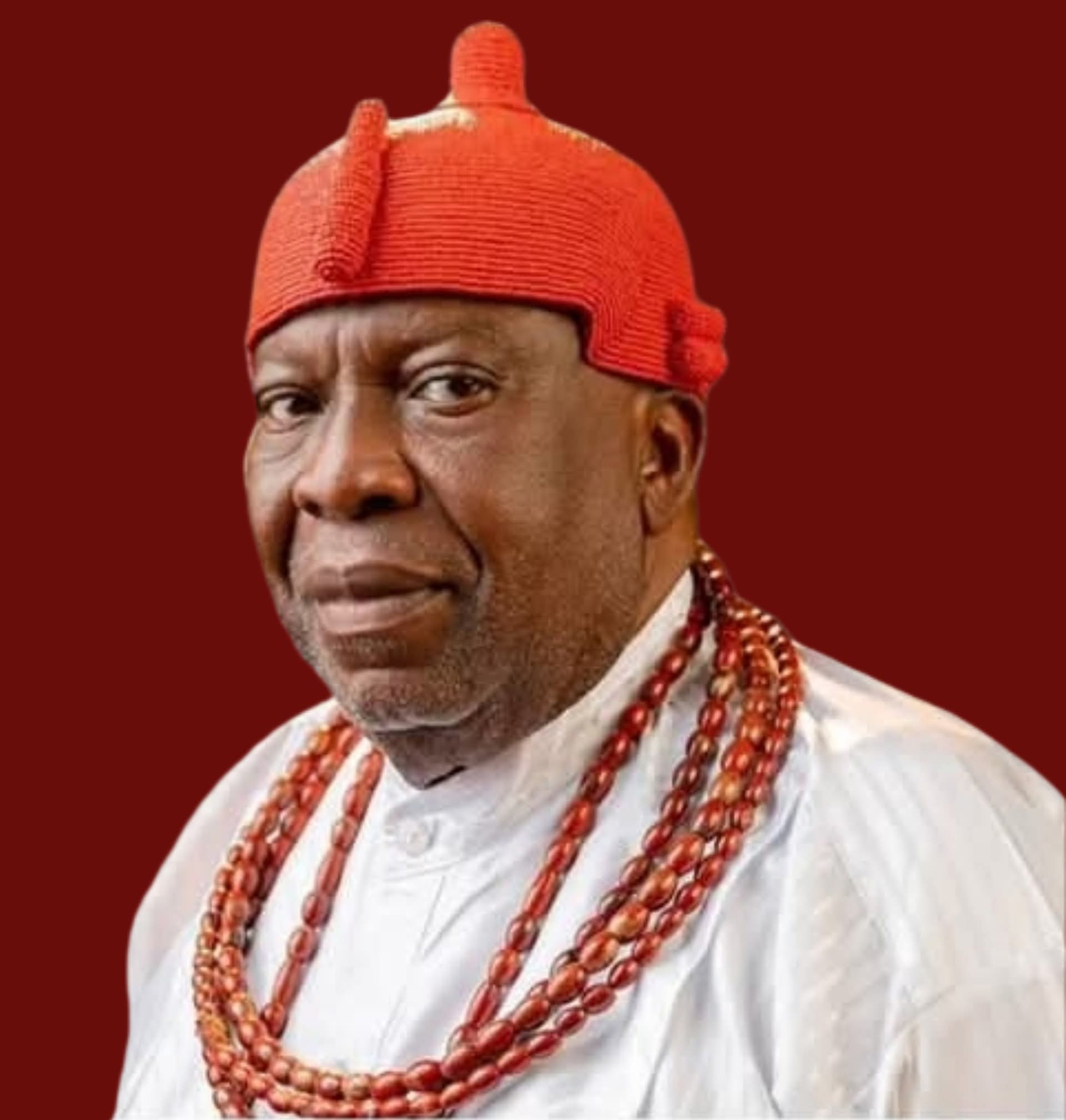

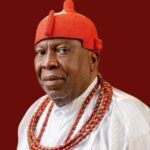
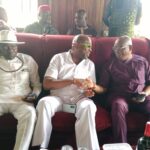
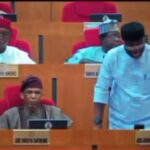
Leave a Reply